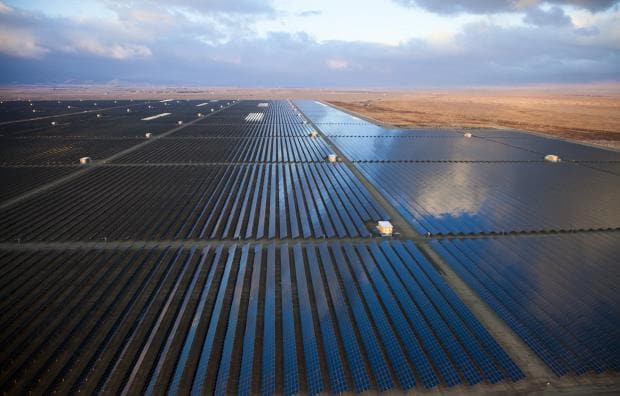U.S.-India Solar Trade Dispute At The WTO Could Spur Collaboration
Thursday, Aug 15 2013

Originally posted on Renewable Energy World
Today’s decision by the U.S. government to challenge India’s Jawaharlal Nehru National Solar Mission (National Solar Mission) local content requirement at the World Trade Organization (WTO) highlights a growing problem in the solar industry—the growth of localization barriers to trade. In particular, local content provisions provide preferential treatment to renewable energy suppliers who source materials and services from their local area. While the U.S. was right to challenge India’s local content requirement after a three-year effort to persuade India to drop the requirement, what’s also needed is a list of best practices to guide policy makers when they are developing solar support programs. The U.S. solar industry has consistently maintained that while litigation is an important part of the global trading system so too is collaboration.
The U.S.-India dispute follows on the heels of a recent WTO Dispute Settlement Body panel decision finding that Ontario, Canada’s feed-in-tariff (FIT) program violates two WTO provisions. The panel report recommends that Ontario immediately remove the local content requirement in its FIT program on the basis that it unfairly disadvantages foreign producers. While Ontario’s local content requirement resulted in the development of a domestic solar manufacturing base, it did so, in part, by unfairly discriminating against products originating outside of Ontario. Importantly, India’s solar local content requirement is substantially similar to Ontario’s.
Some argue that local content requirements are necessary to nurture the growth of young industries, particularly in an environment of intense global competition. But while local content requirements do protect domestic manufacturers from some of the challenges of early-stage growth, such requirements also stifle innovation and limit a country’s access to next generation technologies. Innovation and cutting-edge technologies are important precursors to reducing solar energy costs. Not to mention that local content requirements are explicitly prohibited by global trade rules.
Notably, the U.S. is challenging only one provision of the National Solar Mission, the local content requirement. This challenge does not threaten the National Solar Mission itself. Indeed, not all government support measures violate global trade rules and there are a variety of measures India could adopt as alternatives to the local content requirement. There is, however, no list, whether formal or informal, of WTO-consistent government support programs which countries could turn to for guidance. Industry and governments, therefore, have an important opportunity to work together and proactively develop such a list with the shared objective of expanding solar energy around the world free from the restraints of unfair trade barriers.
Learn more about SEIA’s work on international trade and join the movement to build a strong solar industry in the U.S.
John Smirnow, SEIA Vice President of Trade and Competitiveness